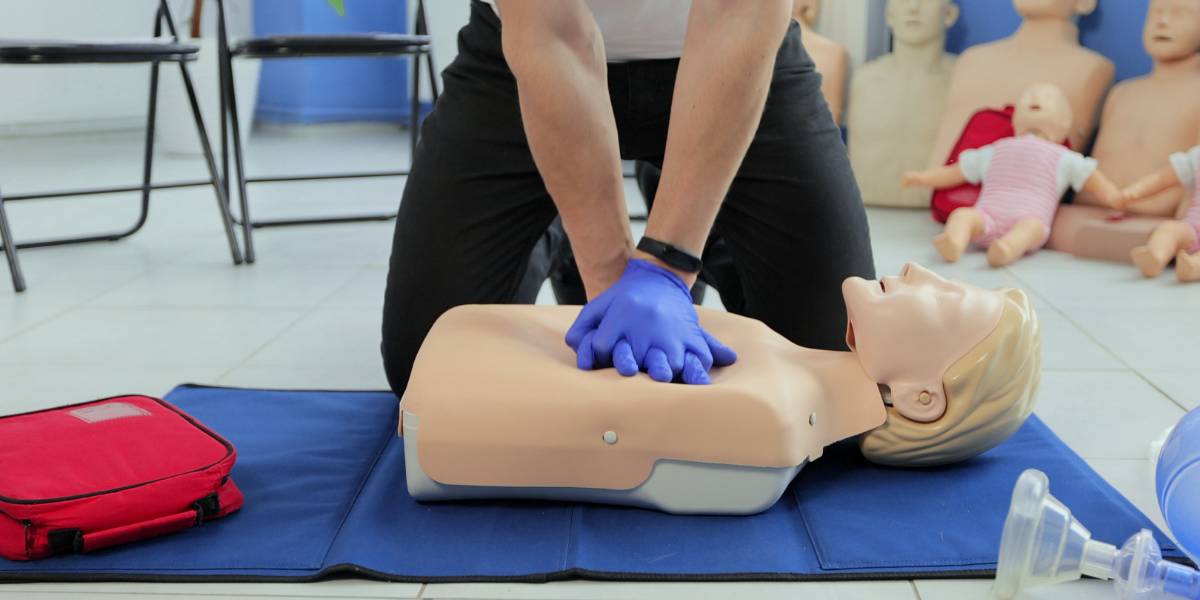Having an illness or infection can make it particularly hard to control blood sugar levels. A little knowledge of how illnesses affect diabetes can go a long way towards helping you through. It’s hard to go a year without catching a cold, virus, flu or stomach bug so it pays to be prepared as to how to manage during periods of sickness.
How does illness affect diabetes?
During an illness or infection the body will release extra glucose into your blood stream in a bid to help combat the illness. In people without diabetes, this is an effective strategy as their pancreas will release extra insulin to cope with the extra blood glucose. In people with diabetes, though, the release of glucose presents an unwanted extra difficulty in managing the rise in blood glucose levels – in addition to feeling less than 100%.
Illness and very high blood sugar levels
The NHS recommends that people with diabetes with a sugar level over 28 mmol/L should seek emergency advice from their healthcare team or, during out-of-hours times, contact NHS Direct.
Coping with diabetes and illness
To keep a track of how much your sugar levels are rising, it’s recommended to test your blood more often than usual.
Test for ketones
If you have type 1 diabetes, it is advisable to follow up any high blood sugar readings with a test for ketones.
- Read: Testing for ketones
Keep hydrated
Keep yourself well hydrated. High blood glucose levels can lead to dehydration so make sure you are regularly drinking fluids to stay hydrated.
Keep eating
It may be tempting to not eat whilst unwell but this could lead to more ketones as the body may need to break down fat to make fuel. If eating is difficult, or if you are vomiting and cannot keep food down, it is advisable to have drinks with carbohydrate in instead of meals. If you self-manage your insulin, be careful with how much insulin you take.
Keep taking your diabetes medication
This is important for all types of diabetes even if you are finding it difficult to eat. If you are unsure about how much to dose, contact your health team. If the illness is becoming a struggle or your sugar or ketone levels are rising too high, it is also best to contact your healthcare team for advice. If your blood glucose or ketone levels are rising too high, or you are vomiting it is best to contact your healthcare team for advice.
Diabetes, illness and ketones
People with type 1 diabetes are more susceptible to a dangerous condition called ketoacidosis (caused by very high sugar levels). It is recommended to do a test for ketones if your blood sugar rises above 15 mmols/L. This is usually a urine test but a few blood glucose meters allow for blood testing for ketones in a similar way as testing for sugar levels.
Managing blood sugar levels after illness
Blood glucose levels may take a few days to stabilise, even after you feel back to full health, so keep testing more often than usual until the blood sugar settles down.
Illness in children with diabetes
Whilst sugar levels have a tendency to rise during illness for most people with diabetes, children may find hypoglycemia occurs. Regular testing is therefore strongly advised as is having a source of glucose for hypo treatment.







